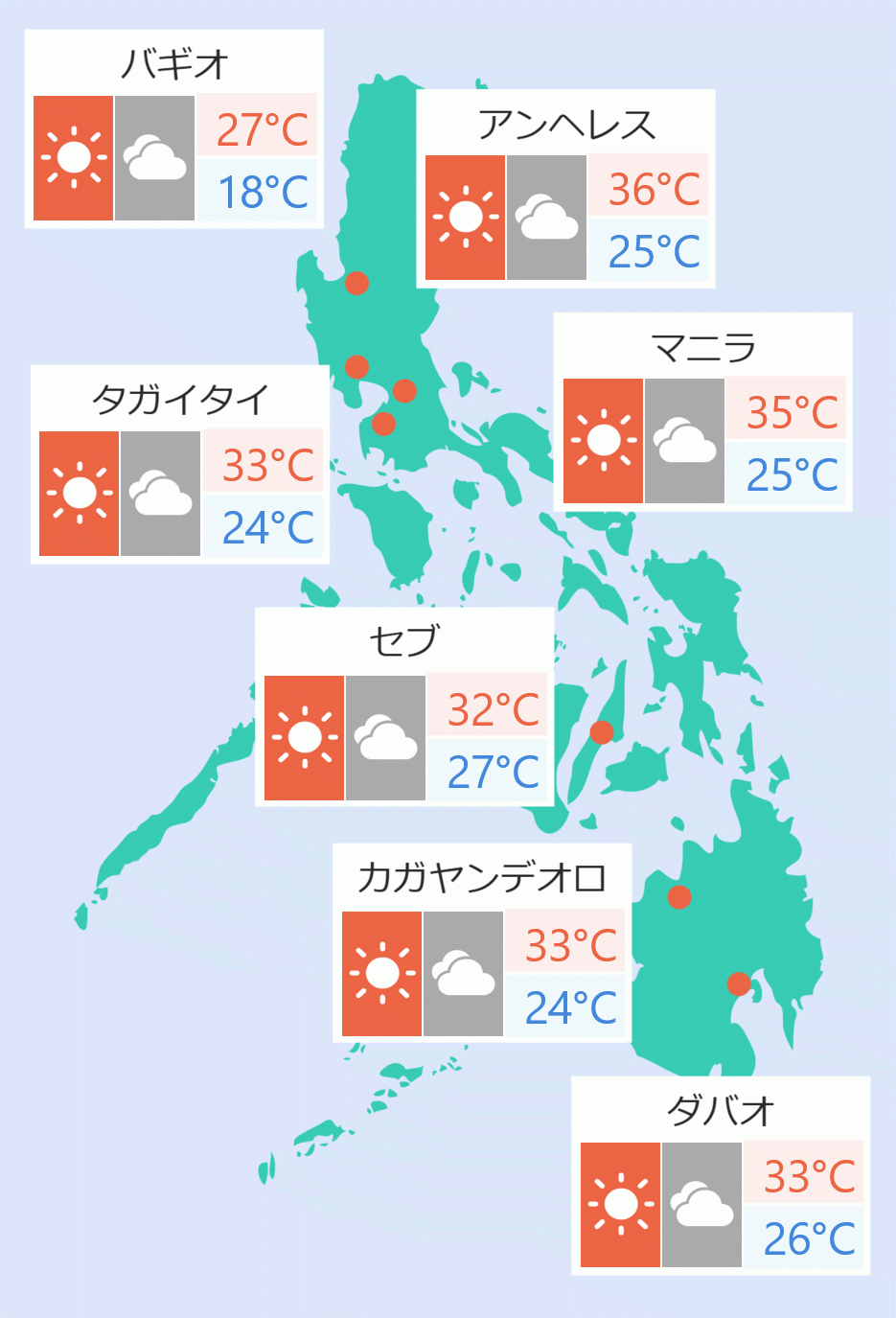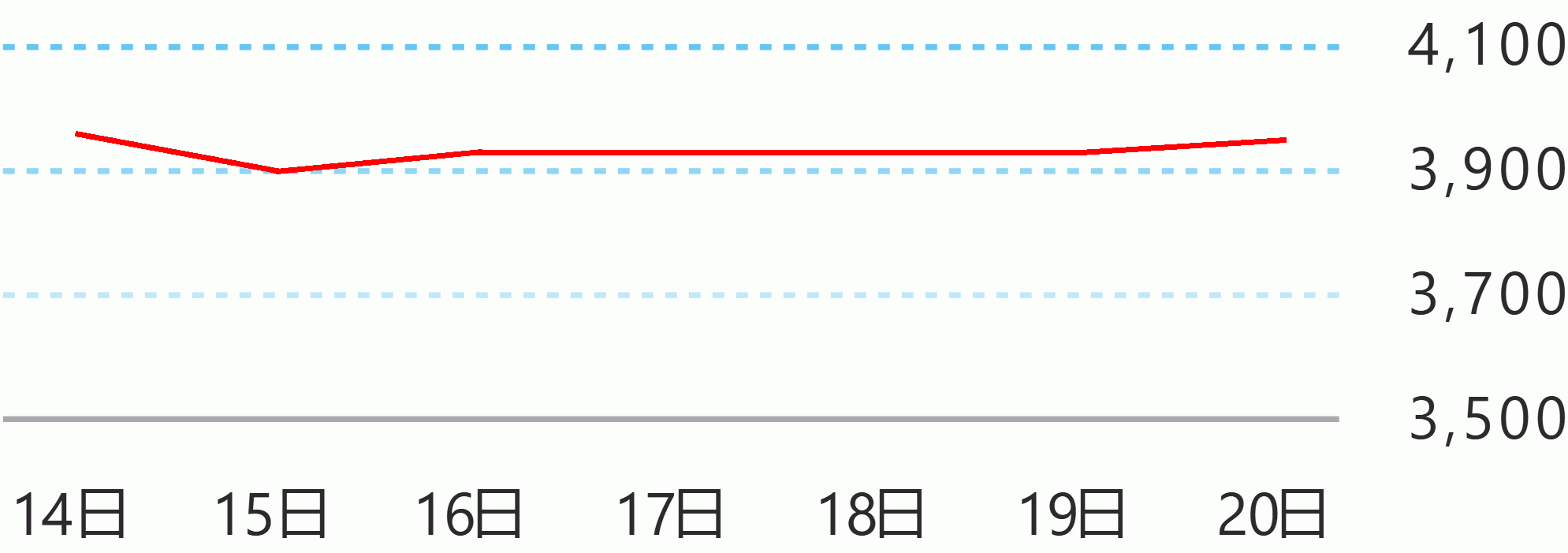Sixty-one public transport drivers, conductors, dispatchers, and other employees were tested positive for illegal drug use, out of the 4,210 who underwent drug-screening during the nationwide implementation of the Philippine Drug Enforcement Agency (PDEA) Oplan: “Harabas” on April 8 in time for the coming Holy week.
The drug tests were conducted in major bus, jeepney, tricycle and public utility vehicle (PUV) terminals throughout the country.
Out of the total drivers who yielded positive for the use of methamphetamine hydrochloride, or shabu and marijuana, 20 were tricycle drivers; 10 were jeepney drivers; 11 were bus drivers; seven were van drivers; seven were tricycle drivers; five were conductors; and one dispatcher.
Those drivers tested positive for drug use upon confirmatory test will not be allowed to travel and have their licenses confiscated by the Land Transportation Office (LTO). They must undergo appropriate intervention and reformation programs to be provided by their respective local Barangay Anti-Drug Abuse Councils (BADACs) before reclaiming their licenses.
PDEA Director General Wilkins Villanueva said the agency implemented the 2022 iteration of Oplan: “Harabas as part of the agency’s holistic approach in reducing the demand for illegal drugs, promoting drug-free workplaces, and reformation.
PDEA also implemented Oplan: “Harabas” to conduct K9 sweeping operations in public transport terminals, including the country’s high-risk airports and seaports, to detect concealed illegal drugs carried by passengers.
PDEA thanked the LTO, Land Transportation and Franchising and Regulatory Board (LTFRB), Philippine National Police (PNP) and Metropolitan Manila Development Authority (MMDA) for their valuable participation.
Oplan: “Harabas” was implemented in accordance with the provisions of Republic Act 9165, or The Comprehensive Dangerous Act of 2002”, and Republic Act No.10586, or the “Anti-Drunk and Drugged Driving Act of 2013”, as well as Dangerous Drugs Board (DDB) Regulation No. 2 Series of 2004, aimed to curb road accidents caused by drugged drivers.
“There is no doubt that there is a prevailing practice of drug use among the public transport driving population to keep awake while behind the wheel. OPLAN: “HARABAS” is an effective deterrent to lessen drug-related road accidents and protect innocent lives,” Villanueva said. PDEA





 English
English










